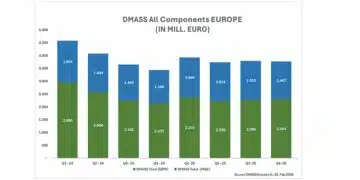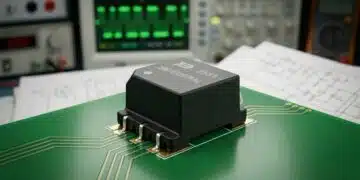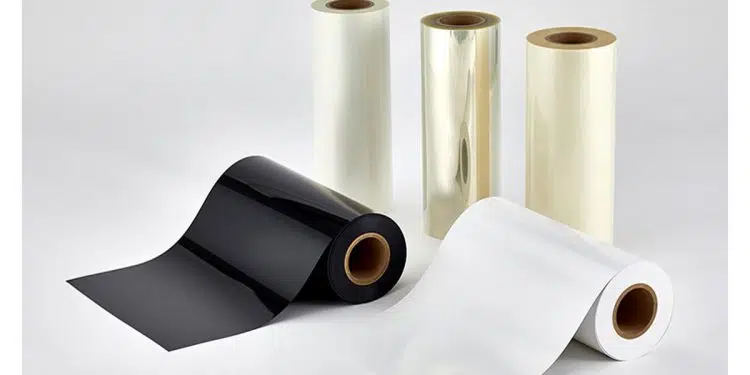Toray Industries, Inc., announced that it has decided to boost production capacity by 60% for Lumirror™ biaxially oriented polyester release films for manufacturing multilayer ceramic capacitors (MLCCs). The company will invest ¥8 billion in this upgrade at the Gifu Plant. The new facilities will go on line in 2025.
MLCCs ceramic capacitors are chip-type capacitors incorporating multi-layered ceramic dielectrics and metal electrodes. All electrical devices employ them, including telecommunications equipment, appliances, and automobiles. The MLCC market should expand at least 10%, annually. Key drivers would be 5G/6G advances in telecommunications and unit installation growth from electrified vehicle uptakes.
Toray leads the global MLCC mold release film market, producing these offerings at the Mishima and Gifu plants in Japan, Penfibre Sdn. Berhad in Malaysia, and Toray Advanced Materials Korea Inc. The domestic upgrade will enable Toray to capitalize swiftly on the MLCC market’s expansion, as Japan is the biggest consumer of release films.
Lumirror™ is an incredibly smooth film which Toray has developed based on its decades of experience in film development. This film provides a thin finish for ceramic layers and is free of irregularities. Many MLCC manufacturers have adopted it, helping them to miniaturize and raise the capacity of MLCCs.
Toray’s new line will have one of the largest MLCC film production capabilities in Japan, embodying the company’s quality enhancement capabilities with existing lines. This setup will enable Toray to cater to market demand in coming years for thinner and smoother films. The company looks for the facility to accommodate current efforts to collect and reuse films. Toray will manufacture a wide range of products, from general-purpose to high-value-added products and grades that lower environmental impact to meet varying customer requirements.
The capacity boost at the Gifu Plant will enable Toray to reinforce and stabilize its supply structure and bolster global operations through its four production sites to match rising demand for MLCCs in telecommunications and automotive applications.































